Chapter Overview
Chapter Overview
ISM—Wichita, Inc. History
In 1946, a group of purchasing agents decided to form an affiliate of the nationally recognized professional organization. Del Roskam, a native of Wichita and an employee of Cessna Aircraft Co., along with John Pierce, William Adamek, Neil McCormick, and Paul Shannon submitted their application to NAPA, National Association of Purchasing Agents. In March of 1947 they held their first official meeting and elected Del Roskam as President of the Wichita Affiliate of NAPA and a member of District II of NAPA (consisting of seven neighboring states).
Wichita was selected to host the District II Conference in 1952 and the affiliate desired to have programs available for the spouses of those attending. That summer of 1952, the “Purchase-Hers”, spouses of our affiliate members, came to being as a support group for the Wichita affiliate. The Wichita affiliate hosted the conference two more times, 1975 and 1984. In 1955, District II created the Harold M. Cosgrove award for distinguished service. The Wichita affiliate has since had two recipients of that award, Bill Adamek in 1964 and Carol Bevelhymer in 1997.
There was a short period of time that we used the name Purchasing Management Association which leads us to 1968 when the national organization (and our affiliate) changed its name to the National Association of Purchasing Management (NAPM) to reflect the changes in the field and the expanding role of purchasing professionals in business. That same year, NAPM recognized the need to develop a professional certification program. From 1968 to 1974, NAPM was instrumental in building an accredited purchasing programs in many of the nation’s premier colleges and universities. NAPM coordinated teacher internship programs and built a purchasing knowledge base within institutions so that by 1974, numerous accredited programs were established in colleges and universities.
In 1974, NAPM introduced the Certified Purchasing Manager (C.P.M.) designation. Also, in 1974, the Wichita affiliate sponsored its first trade show, the Wichita Industrial Trade Show (WITS), along with partners from another professional organization, and turned the tradeshow into a biannual event that helped to support our organizations and allowed the Wichita affiliate to give back to our community by funding seminars, training, and certification programs for our members as well as offer college scholarships to help the youth in our area to become the future professionals of our community. The WITS tradeshow is now the largest of its kind between Chicago and Los Angeles.
In 1987, the Wichita affiliate created an award named after the first president of our affiliate, the Del Roskam Award. This award is for recognition of a member of our affiliate who has demonstrated integrity, high ethical standards, dedication, hard work, and supports the advancement of our profession and this affiliate and its members. The presiding president of our affiliate selects the recipient and presents the award at the May General Meeting during the passing of the gavel to the new president.
The profession of Supply Management started to evolve from related disciplines, in the period from 1980 to 2002, such as distribution, inventory control, investment, logistics, manufacturing, materials management, packaging, procurement/purchasing, product/service development, quality, shipping/receiving, transportation/traffic and warehousing.
In 2002, NAPM members voted to change the national organization’s name to the Institute for Supply Management (ISM) to reflect the evolution of the supply management field where professionals are now focusing on managerial, leadership and business relationship skills, plus a variety of specialized functions designed to enhance the value of supply management within organizations. Also, at this time the old District II became the new Southwest Forum and included Kansas, Oklahoma, Texas, New Mexico and Louisiana. Along with the new image, ISM recognized the need to expand its certification program to reflect the evolution of the supply management field. During 2003/2004, ISM researched numerous certification options in order to formulate a comprehensive supply management designation for the 21st century and in 2005 announced the new qualification to be implemented in 2008.
NAPM—Wichita, Inc. officially became Institute for Supply Management—Wichita, Inc. on January 13, 2011.
To download the chapter bylaws, click here.

Our Vision:

